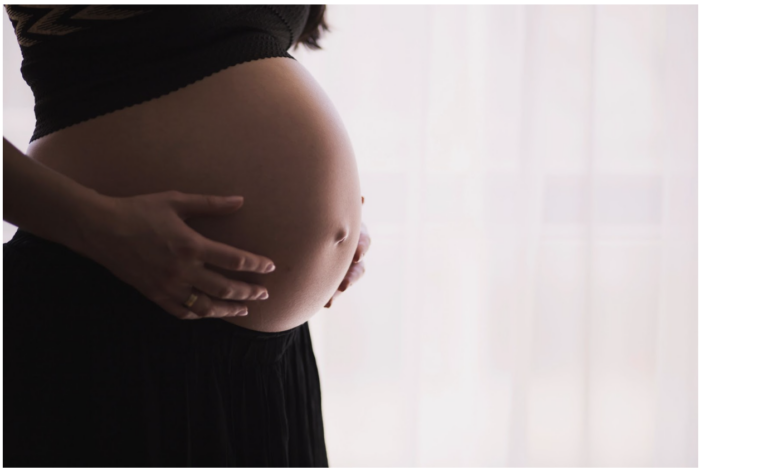Is PRP Good For Pregnancy?
Acne, broken capillaries, spider veins, and pigmentation are all common skin conditions among pregnant women, making them feel conscious about themselves. High levels of hormones and an increase in blood flow throughout the body are both factors that contribute to pregnancy-related skin problems. Because of this, we believe that it is more important than ever to ensure that new mothers can take it easy, get plenty of rest, and receive proper care during this time.
After giving birth or breastfeeding, many new moms discover that some of their preferred treatment options are taken from the table for some time. Along with IPL and Nano Fractional, Total Stem PRP injections are becoming increasingly popular as a form of beauty treatment. Some expectant mothers are among those who choose to get them. However, due to a lack of safety testing and ethical considerations, these are no longer recommended for use during pregnancy.
In light of this, let’s discuss several benefits and drawbacks of platelet-rich plasma (PRP) and determine whether or not it is genuinely beneficial for expectant mothers.
Advantages and Disadvantages of PRP in Pregnancy Hair Loss
In most situations, the hair loss during pregnancy does not last forever; nonetheless, it might take six months to a year for it to stop. As a result, many women begin hunting for a quicker solution, such as using PRP treatment to alleviate their pregnancy concerns.
The condition known as telogen effluvium (TE), wherein women are usually diagnosed with it when pregnant, can be treated with oral drugs or topical therapies such as Rogaine. However, that chemical treatment should be avoided, especially if pregnant or breastfeeding, and it can only be taken by women who are not expectant mothers.
The good news is that PRP Hair Loss Treatment is a safe and natural alternative to synthetic chemicals. Since the process uses nothing but the patient’s platelets, it is an excellent solution for hair loss during pregnancy.
It does, however, have certain downsides. The treatment is not recommended for women to utilize hair loss treatments while pregnant. However, if a woman intends to use PRP injections, hair growth supplements, or any other method while pregnant or breastfeeding, she should consult her doctor first.
Dangers of PRP
As with any invasive operation, PRP treatment, which entails removing a patient’s blood and centrifuging it before re-injecting a part where it is needed, has some risks. One of its most important concerns is the possibility of the mother contracting an infection, particularly sepsis, that might be detrimental to the unborn child’s health.
To avoid potential risks to the mother, many respected PRP practitioners will not conduct the procedure on a pregnant woman. Furthermore, PRP treatment for female and male pattern baldness is still questionable until this day. So, if a woman is pregnant, she should stop or consult her doctor first to see if the PRP treatment is safe.
Thus far, PRP can only be used as an adjunct therapy to the established MHRA-licensed and FDA-approved women’s hair loss medication, high-strength minoxidil, rather than as a stand-alone treatment for hair loss.
Does PRP harm pregnant women, or is it beneficial?
For pregnant women, the risk of developing PRP is exceptionally high, according to several studies. When it comes to cosmetic procedures, the risk of infection and allergic reaction is shallow whenever any chemical is introduced into the body. When an illness or an allergic response strikes a pregnant woman, the fetus may be in danger from the stress on the mother’s body.
The optimal time to pursue skin rejuvenation treatments such as PRP therapy is after your child’s birth. After giving birth, you can indulge in various treatments, such as rejuvenation operations with breast lifts, stomach tucks, and other cosmetic treatments.

